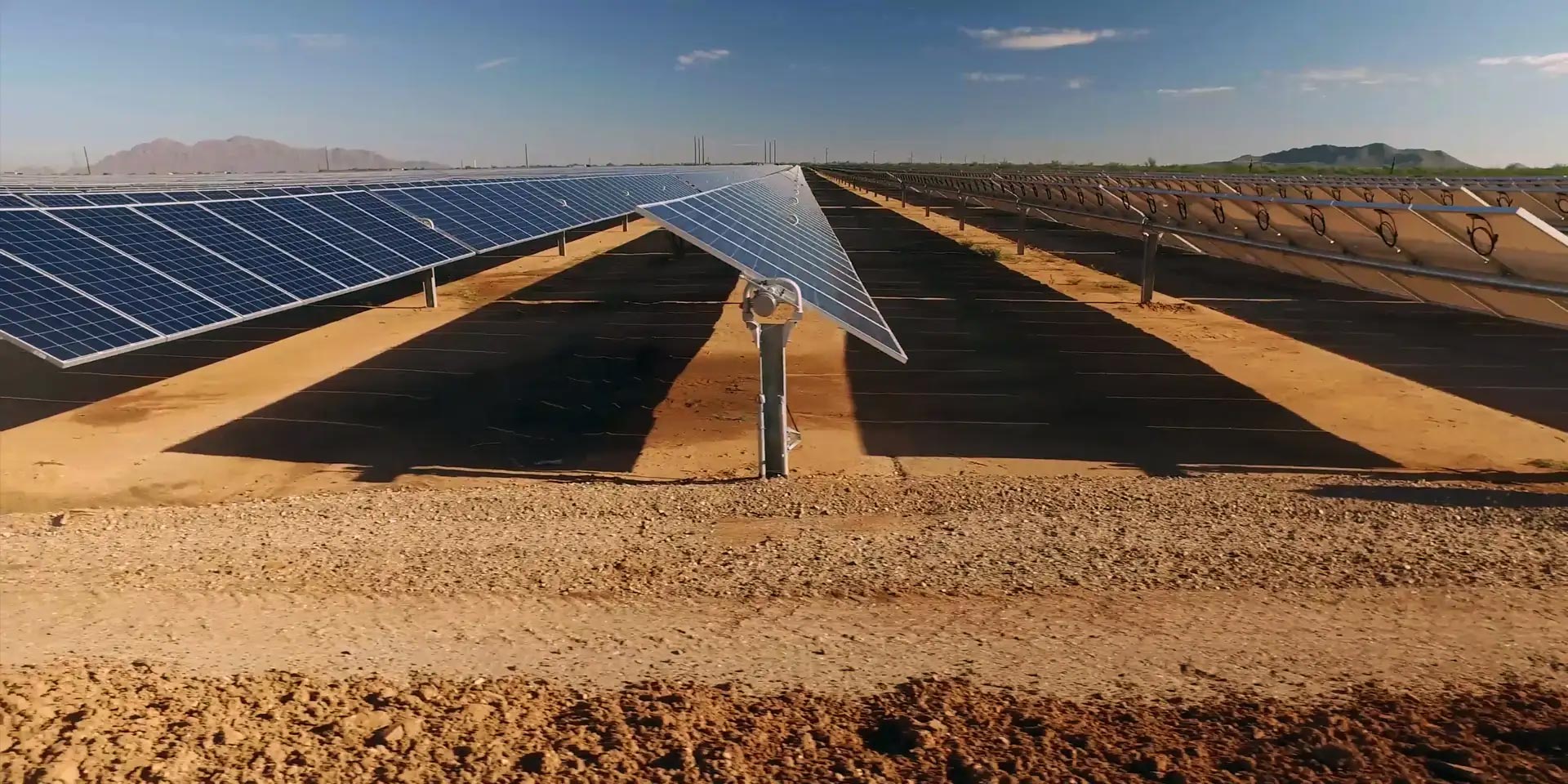AGL | CEF NEWSLETTER | China | CHINA MONTHLY ENERGY UPDATE | Coal/electricity/electrification | Critical minerals | CRITICAL MINERALS SERIES 2022-23 | Decarbonisation | Energy Crisis | Finance Sector & Emissions | Green Iron | Hydrogen | India & Adani | Nuclear | Podcasts | Solar | Submissions | Taxes & subsidies | US IRA/ NZIA et al |
OP ED | $20-30BN OF TRANSITION CAPITAL AT RISK AS AUSTRALIANSUPER LOOKS TO KILL BROOKFIELD’S ORIGIN ENERGY BID
What kind of game is AustralianSuper, the country’s biggest super fund, playing with Origin Energy? The pension behemoth, with $300bn in assets under management and over 3.26 million members, is shaping up to scuttle a bid by Canadian fund manager Brookfield, plus Singapore’s Temasek and GIC, to acquire Australia’s largest power company, gentailer Origin Energy, owner of near-death coal clunker Eraring, Australia’s biggest coal-power station slated for mothballing in 2025. Is it in the public interest for the acquisition to be blocked when doing so cruels the $20-30bn investment in 14GW of accelerated firmed renewable energy to which Brookfield has committed? Read more
GUEST POST | Blair Palese: Keeping an eye on the decarbonising prize
Founder of the Climate Capital Forum and one of The Australian’s Top 100 Green Energy Players Blair Palese says we need a new playbook for the decarbonising ballgame. A massive national strategic capital public investment program that establishes Australia as a zero-emissions trade and investment leader is required. Read more
FY2023 WESTPAC Climate Finance Assessment
Energy lending trends in the right direction with renewables lending increasing 28% yoy as fossil energy exposures decreased 7% yoy. However, a significant accelerated pivot is required to lift from the current 0.7 to 1 energy supply investment ratio of clean energy to fossil fuels, and reach BNEF’s benchmark of 4:1 by 2030. While thermal coal exit commitments are on track, oil and gas (O&G) policy updates still do not restrict corporate finance and deal facilitation to companies or projects expanding supply beyond a 1.5 degree pathway. Read more
PRESENTATION | Renewable Energy & Critical Minerals Superpower
Tim Buckley’s presentation to the ANU’s Rare Earth Conference Read more
Australia’s Sustainable Finance Taxonomy: good governance is a can of worms
Treasury has opened its consultation on a sustainable finance strategy that promises to strengthen the ability for Australia’s financial markets to allocate capital to decarbonising Australia’s economy. One of its priorities is a sustainable finance ‘taxonomy’ that will establish what economic activities warrant the special consideration by green and transition-labelled finance pools focused on mitigating the effects of climate change. The potential leverage includes Australia’s $3.5tn superfund pool, the banking sector’s collective $400bn in sustainable finance targets, and the Government’s proposed Green Bond program. However, this mobilisation of capital for decarbonisation will only succeed if the taxonomy is credible and achieves widespread market adoption. Read more
ANALYSIS| STILL WAITING: TREASURER FLAGS AUSTRALIAN RESPONSE TO US INFLATION REDUCTION ACT – GOOD START BUT MORE AMBITION URGENTLY NEEDED
We welcome and applaud the Treasurer’s focus today on 4 key industry and economic opportunities, which reflect the key priorities CEF and its partners have identified: refining and processing critical minerals; supporting manufacturing of generation and storage technologies, including batteries; producing renewable hydrogen and its derivatives like ammonia; and forging green metals including green iron. We need to see further details, but the Treasurer’s assertion that $225bn capital investment is needed by 2050 is too low by orders of magnitude, this timeframe is too late, and it reveals a too-cautious federal policy mindset that risks forgoing Australia’s opportunity to position itself as a leader in global cleantech supply chains as the world moves at breakneck speed to decarbonise. Read more
MONTHLY CHINA ENERGY UPDATE | Renewable expansion beyond China via Belt and Road Initiatives
China’s renewables expansion remained strong in September, with 22.6GW of zero emissions capacity added. Hydropower continued to recover in September, reaching 139TWh, up 40.8% y-o-y. In contrast there was only a 2.8% y-o-y increase in thermal power capacity. This month saw China celebrates the 10th anniversary of the Belt and Road Initiatives (BRI) with a pledge of $107bn over the next five years. In the meantime, China’s massive scaling-up of solar manufacturing has changed global solar dynamics triggering a rapid price deflation of solar components and taking prices to record lows. Read more
Big banks take on greening Australia’s $10tn housing stock
Modernising the nation’s $10tn housing stock promises to ease cost of living pressures, improve the health and comfort of homes, whilst helping to solve climate change. Australian banks are the main entry point to financing home energy performance upgrades. With a combined 46% mortgage market share, CBA and Westpac have powerful levers to help transform and decarbonise the sector. Read more
OP ED | ALBO’S $2BN TOKEN FOR CRITICAL MINERALS MEANS OUR GOLDEN OPPORTUNITY GOES BEGGING
The $2bn top up for the federal Critical Minerals Facility pledged by Prime Minister Anthony Albanese during his state visit to the US this week is an entirely insufficient response to the US$1 trillion industrial and energy stimulus of the Inflation Reduction Act (IRA). The IRA is the biggest commitment of public funding in US history – and the single biggest opportunity for Australia this generation. Here’s why. Read more
PRESENTATION | Embodied Decarbonisation: How renewables can supercharge Australia’s value-added critical minerals boom
Tim Buckley’s presentation for the Investment Innovation Institute on the global energy transition: how China leads the world in the global technology and investment race, how the US IRA changes everything; Australia’s Critical Minerals Strategy and how we can embody decarbonisation in our exports; and stockmarket examples of energy transition. Read more

